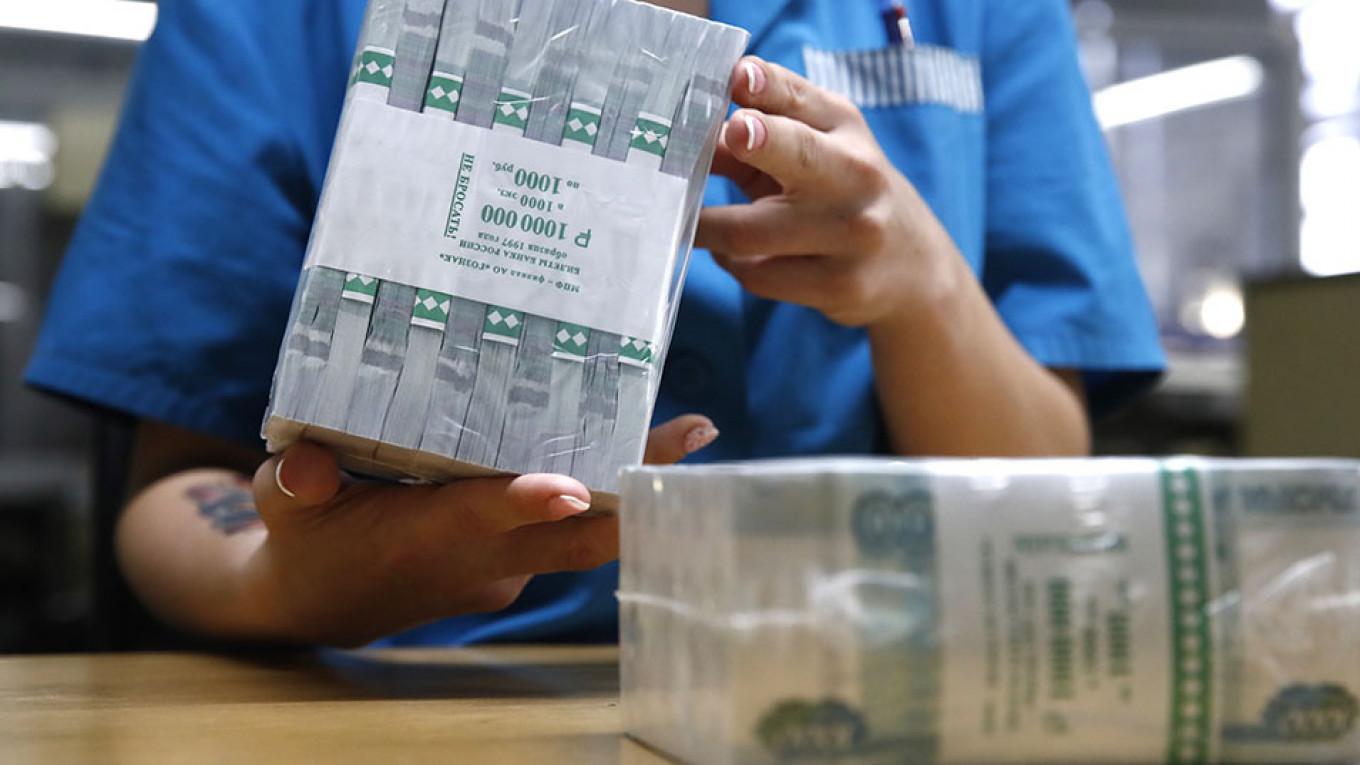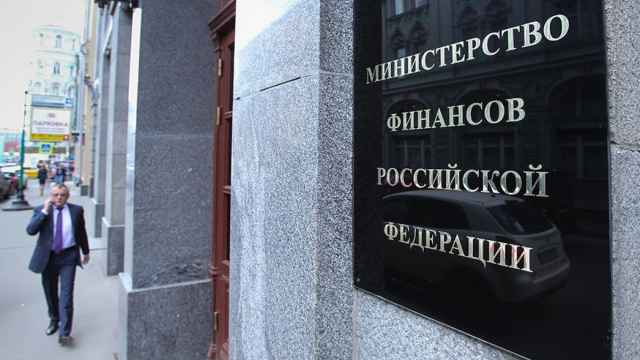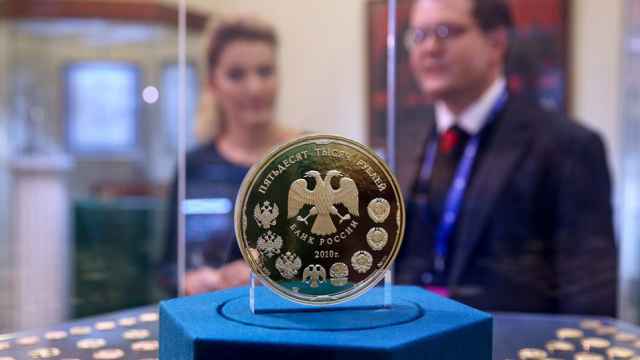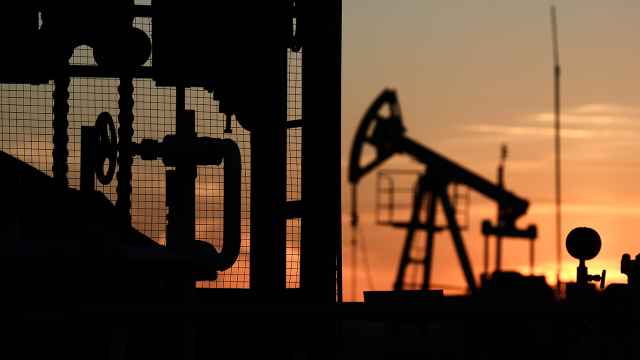The government is set to introduce strict rules over the use of its national wealth fund (NWF) in a bid to maintain Russia’s mountain of reserves and avoid dishing out billions of dollars and stoking inflation, Russian business daily Vedomosti reported.
In a proposal which has been approved by Prime Minister Dmitry Medvedev, the government will only use the $125 billion fund to invest in the most profitable and secure projects — those which guarantee a return higher than the bond markets, and where government investment represents no more than 20% of the total project.
Moreover, the total value of investments from the NWF will be capped at one trillion rubles ($15.7 billion) over the first three years. The proposals have not yet been formally adopted, Vedomosti noted, and are still subject to amendment.
Analysts who spoke to the paper said the criteria effectively mean the fund can only invest in natural resources projects. Andrey Klepach, CEO of Russia’s state development bank, Vnesheconombank, said the decision would rule-out funding for much-needed infrastructure and technology projects. Sergey Luzan, director of infrastructure at PwC said beneficiaries of investments from the fund will be projects that “could do without the help.”
Russia will be able to tap into the NWF once the liquid part of its assets passes 7% of Russia’s GDP — expected to happen early next year. According to that rule, the government could have a surplus of six trillion rubles ($94 billion) at its disposal over the next two years, but has proposed capping total investments at just one trillion rubles ($15.7 billion) until 2022. The fund has been built up with profits from oil exports, with the proceeds from barrels of oil sold for more than $41.60 channeled into the fund.
Setting strict conditions on unlocking the fund would represent a victory for central bank chief Elvira Nabiullina in one of the most high-profile economic debates of the year within the government, presidential administration and central bank. Nabiullina has spent much of 2019 arguing that opening the purse strings could lead to a jump in inflation, while the Economy Ministry, conversely, favored a more liberal spending approach in a bid to boost growth.
A Message from The Moscow Times:
Dear readers,
We are facing unprecedented challenges. Russia's Prosecutor General's Office has designated The Moscow Times as an "undesirable" organization, criminalizing our work and putting our staff at risk of prosecution. This follows our earlier unjust labeling as a "foreign agent."
These actions are direct attempts to silence independent journalism in Russia. The authorities claim our work "discredits the decisions of the Russian leadership." We see things differently: we strive to provide accurate, unbiased reporting on Russia.
We, the journalists of The Moscow Times, refuse to be silenced. But to continue our work, we need your help.
Your support, no matter how small, makes a world of difference. If you can, please support us monthly starting from just $2. It's quick to set up, and every contribution makes a significant impact.
By supporting The Moscow Times, you're defending open, independent journalism in the face of repression. Thank you for standing with us.
Remind me later.






